910457
Poly(2-(diisopropylamino)ethyl methacrylate)
average Mn 10,000
Synonyme(s) :
Hydrophilic, PDPA, pH sensitive, pH-responsive
About This Item
Produits recommandés
Forme
powder or solid
Poids mol.
average Mn 10,000 (by NMR)
average Mn 10,000
Couleur
white to faint yellow
PDI
≤1.3 (by GPC)
Température de stockage
2-8°C
Application
pH-sensitive polymer systems combined with nanotechnology could be utilized as an alternative strategy to traditional targeting systems to overcome major problems in current chemotherapy represented by non-specific tissue distribution of the drugs, tumor heterogeneity, and multidrug resistance (MDR) against anticancer drugs.
Code de la classe de stockage
11 - Combustible Solids
Classe de danger pour l'eau (WGK)
WGK 3
Point d'éclair (°F)
Not applicable
Point d'éclair (°C)
Not applicable
Faites votre choix parmi les versions les plus récentes :
Certificats d'analyse (COA)
Désolés, nous n'avons pas de COA pour ce produit disponible en ligne pour le moment.
Si vous avez besoin d'assistance, veuillez contacter Service Clients
Déjà en possession de ce produit ?
Retrouvez la documentation relative aux produits que vous avez récemment achetés dans la Bibliothèque de documents.
Notre équipe de scientifiques dispose d'une expérience dans tous les secteurs de la recherche, notamment en sciences de la vie, science des matériaux, synthèse chimique, chromatographie, analyse et dans de nombreux autres domaines..
Contacter notre Service technique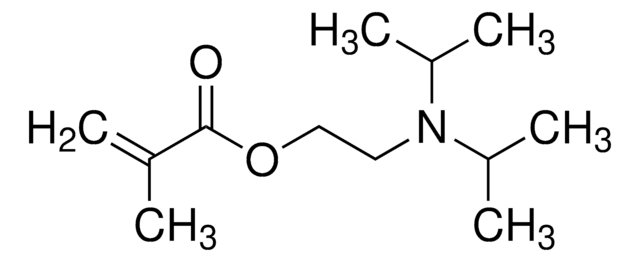
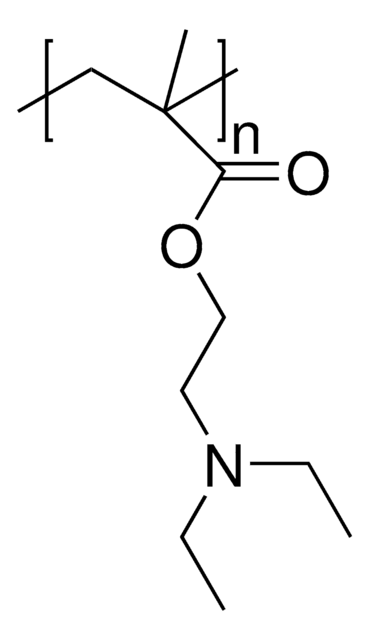
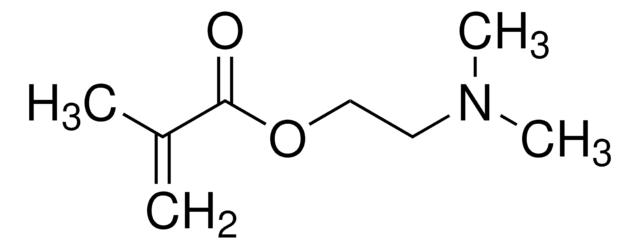
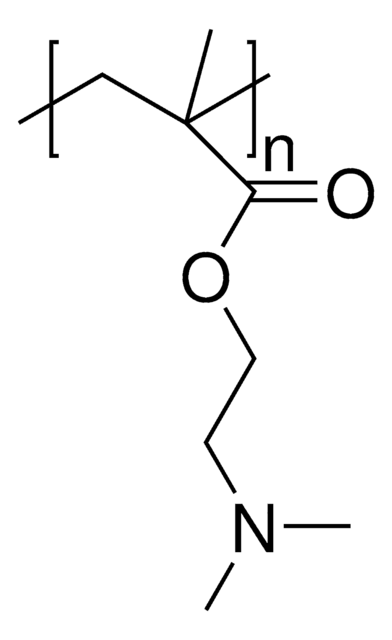
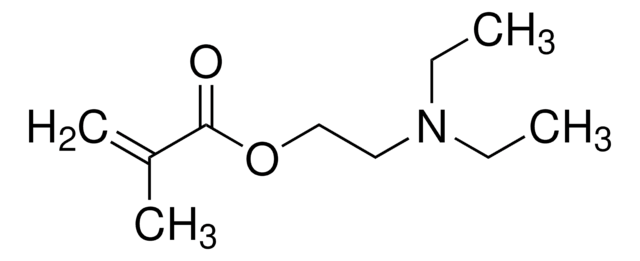
![N-[3-(Dimethylamino)propyl]methacrylamide 99%, contains MEHQ as inhibitor](/deepweb/assets/sigmaaldrich/product/structures/295/145/6b4aae15-7cb5-4b7b-9c06-8e6d24e50951/640/6b4aae15-7cb5-4b7b-9c06-8e6d24e50951.png)
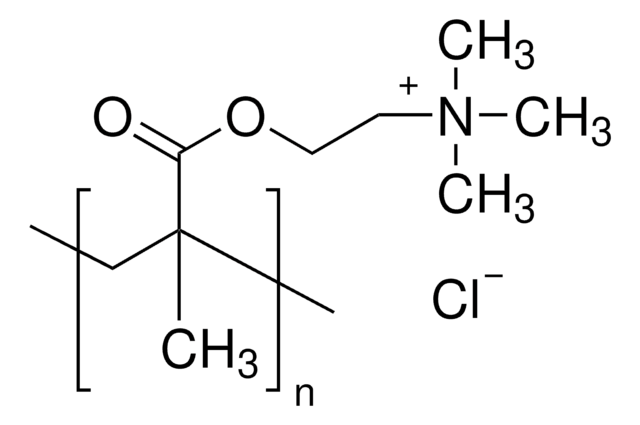
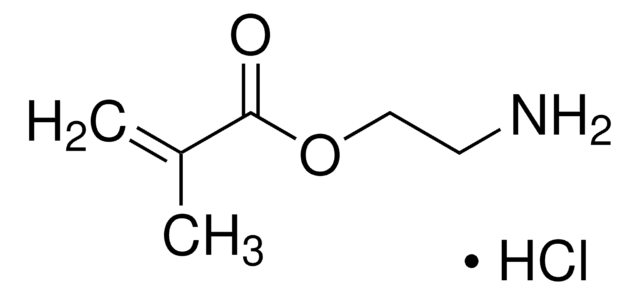

![[2-(Methacryloyloxy)ethyl]trimethylammonium chloride solution 75 wt. % in H2O](/deepweb/assets/sigmaaldrich/product/structures/316/612/66b0f4cf-d060-427d-b4f5-e8fab3e5cffe/640/66b0f4cf-d060-427d-b4f5-e8fab3e5cffe.png)